Vishwas (Goodreads, Facebook, web) is a successful serial entrepreneur and a CEO with a history of building innovative technology brands and companies. He is very passionate about storytelling and he has taken it up as a parallel career.
His first book, Losing My Religion is about an entrepreneur-turned-
The book has been receiving rave reviews and is now a bestseller. Vishwas’ version of why, what and how of he writes, in #5Questions is…
1. Why do you write? Why would someone else want to be a writer?
Writing is my passion; it’s one thing I do just for myself because it gives me joy beyond anything else. I always knew one day I would write a book but didn’t know it would happen so soon. When I wrote the first page of my debut novel Losing My Religion in 2009, I felt a pleasure I didn’t know existed. I’m sure a lot of writers write for fame, money, because they are good at it, because everyone else is writing and so on. But I write just for myself. It’s another thing that my book has become a bestseller and has been received really well by the readers; that is just a bonus.
When I was writing LMR, I was living another life with my protagonists, living their ups and downs. I had escaped my current life and created a parallel universe in my mind. I cannot tell you how amazing that is. The only way to live several lives in one lifespan is to write stories. Because you are the creator, you can do anything but you have to endure as well. This is the reason why everyone should write. It’s magical.
2. How do you come up with an idea? Ideas for plots, sequences, scenes, characters and other things? Do you use any tools?
It’s a germ that grows. Few ideas hit like a lightning, few grow slowly till they hit. I was lucky that the idea for my debut novel came from my own life. I had to shut down my Internet startup in 2009 and was almost bankrupt. I wanted to quit everything and go on a journey across India. I couldn’t but I got this idea to write about a person who was in my situation. I made the protag (Rishi) meet a crazy American hippie (Alex) and go on an uncharted journey across India. The idea gave me sleepless nights, and whenever that happens it means I need to act. I did. I started writing and the idea took a shape of a sizeable story.
I introspect a lot for ideas, and I think it comes naturally to me to create or innovate because may be I have cultivated the habit of questioning the status quo or finding pleasure in the beauty of turning my ideas into reality (read entrepreneurship☺). I take inspiration from people, family, friends, travel, movies, books, and everything around me. It has happened several times that I recollect what people have told me years ago in my life out of the blue and I use it in my story.
I use word docs and excel sheets. I also use post-it cards and stick it on walls. I draw a lot of diagrams, and flow charts. My stories seem like an easy read but they involve a lot of research. So I have to organize my research in such a way that it starts making sense.
3. Do you keep a rigorous writing schedule? If yes, what is your writing schedule?
None, whatsoever. I have an erratic pattern. I write continuously for months together and then I suddenly stop for months together. But those breaks give my mind a lot of ammunition to come back and write another spell. Another key reason for this haphazard pattern is my profession, being an entrepreneur life is never boring. I have these situations where I need to stop doing whatever I am and get to solve a critical problem at my businesses. It happens often.
My schedule is basically nights and weekends. I lock myself up in a room and write. I usually can’t go outside, sit in a café and write. And an interesting aspect—I can’t directly write my stories on the laptop, I never get the flow if I do. I have to use pen and paper to get into the proper mindset. I can’t explain this phenomenon. May be it’s because I scribble and my mind works too fast while ideating and typing makes it slow.
4. How often do you get interrupted by writer’s block? How do you go about working around your writers’ block?
I seriously don’t know who coined this term. A writer never really knows every scene, every dialogue and every twist before hand. He/she has to stop, think, imagine and get inspired to write the next bit. Sometimes you just know what comes next, but other times you don’t. Sometimes you get stuck while moving to the next sub-plot, it happens often. You will eventually overcome it with one idea or another. If you don’t, then your book is toast. So answering the question, yes I get writer’s block on every page of the book, almost. But that’s the fun of writing. Isn’t it? The writer’s block is the writer’s share of enjoying the story. (That answers the 2nd question—you enjoy the block, and it will unblock)
5. What is the best advice on writing that you’ve ever received?
No one has given me any formal training of writing or storytelling. I evolved it on my own, and to a large extent no one even guided me until much later after I had finished few versions of my book. (I have written around 150+ drafts and 14 versions of LMR in 5 years. FYI) But I remember someone giving me one advice without which I wouldn’t have become a writer. It was Sean Connery’s character William Forrester in the movie Finding Forreste. This was the advice – “No thinking – that comes later. You must write your first draft with your heart. You rewrite with your head. The first key to writing is… to write, not to think!” You won’t believe these lines shaped me as a writer like nothing else has. And the best part is I have never watched this movie, just read these lines on IMDb.
And another principle I adopted on my own—I’m the writer and I’m the reader. I will write to entertain me as an audience, and everyone else comes later. This gives me a comfort zone in my mind to write what I really want and not come under pressure to please anyone.
In case you have any questions for Vishwas, please leave them in the comment box below and we would try to reach him.












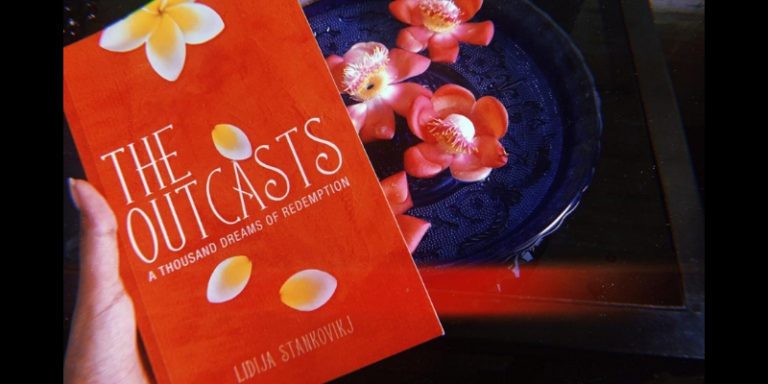
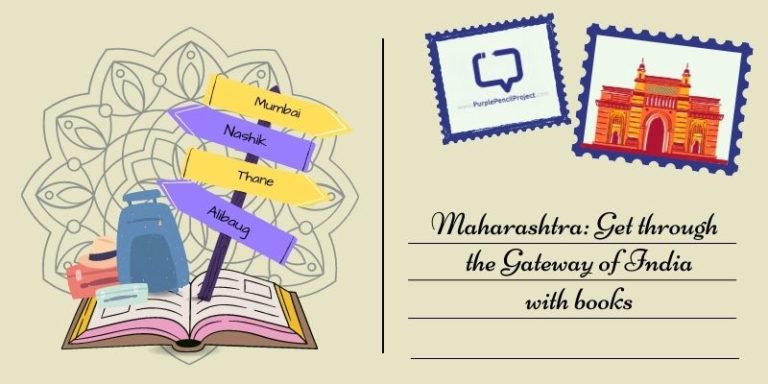
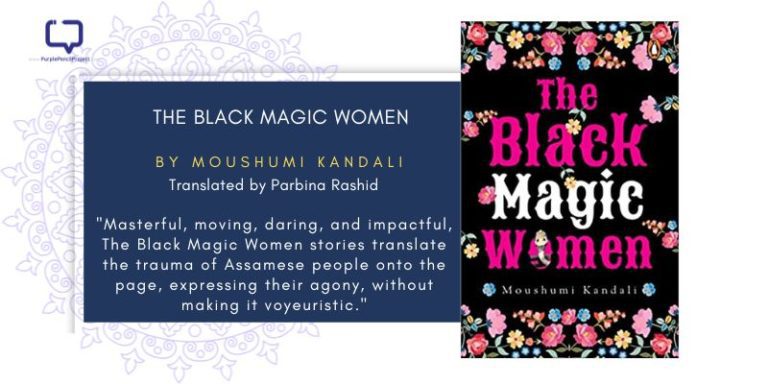

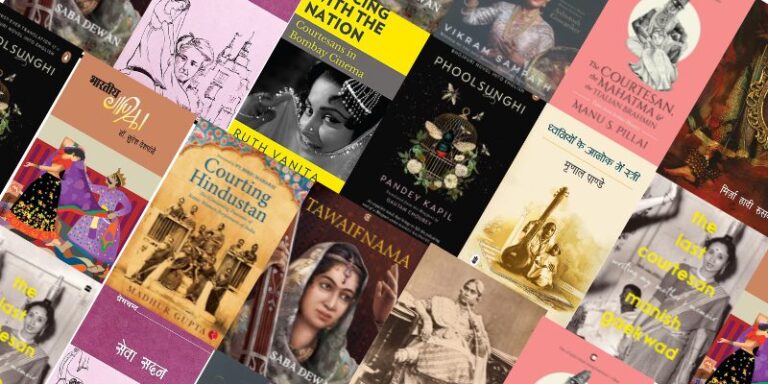

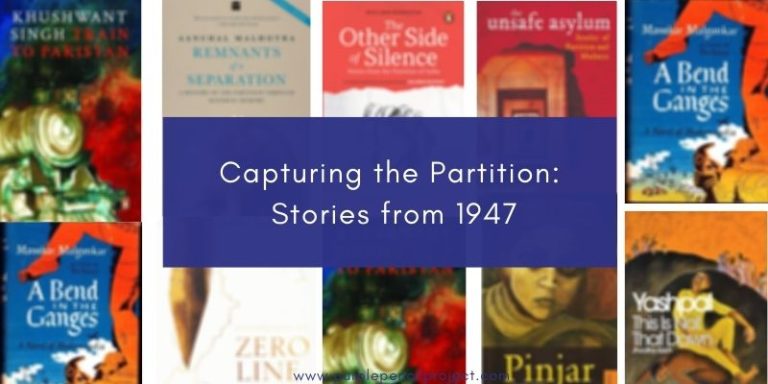
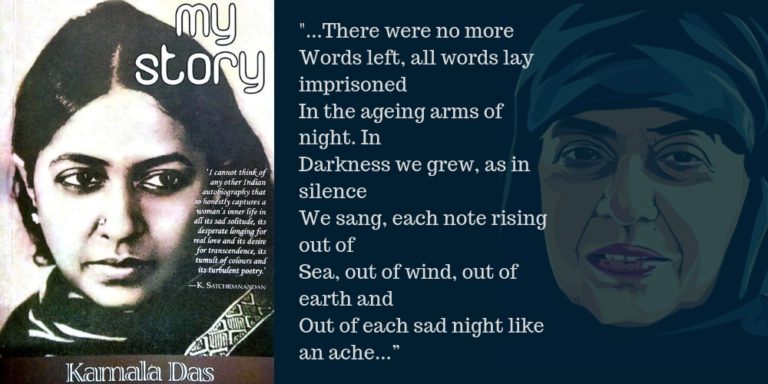
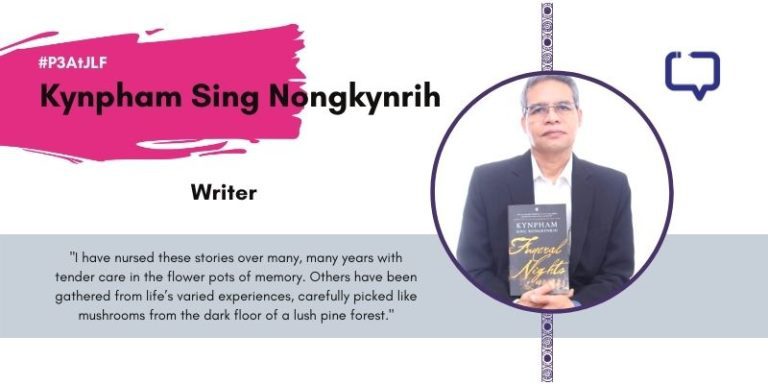

One Response
I just learned: You don’t need a fancy tool like Microsoft Word to write better, a pen and paper. How simplistic is that.